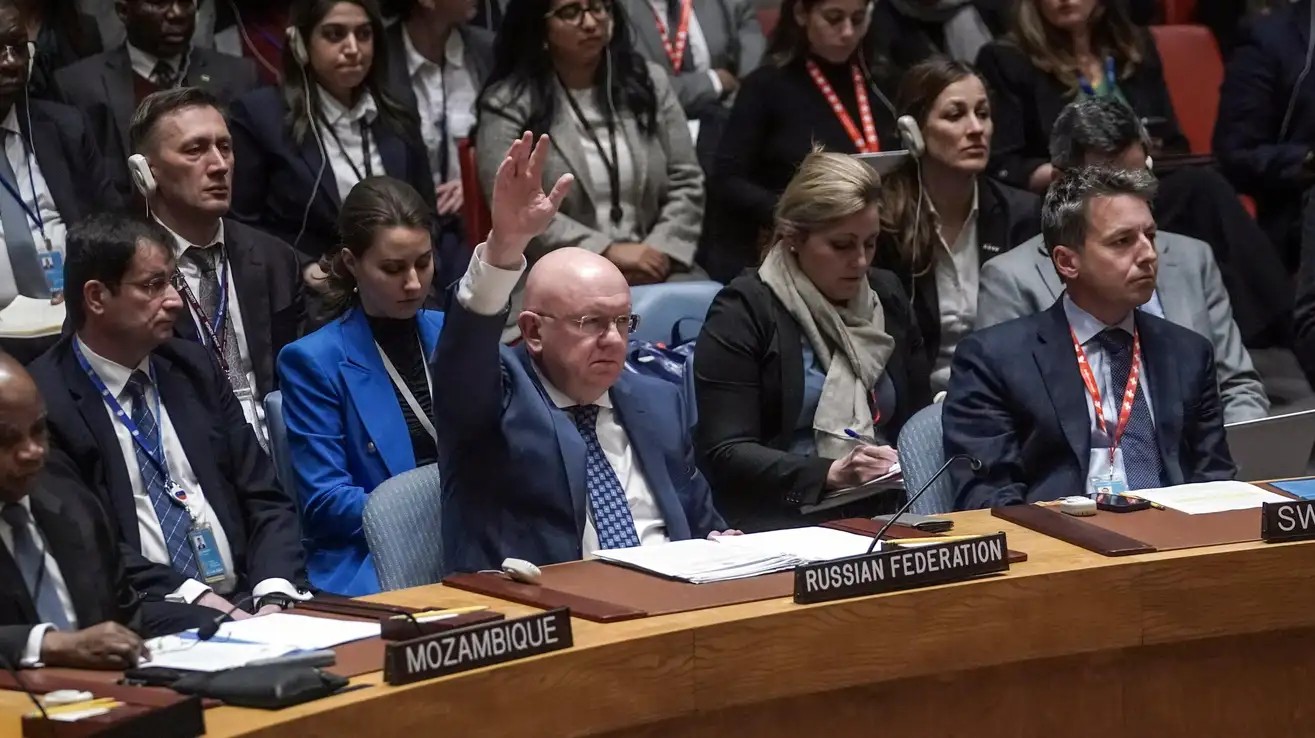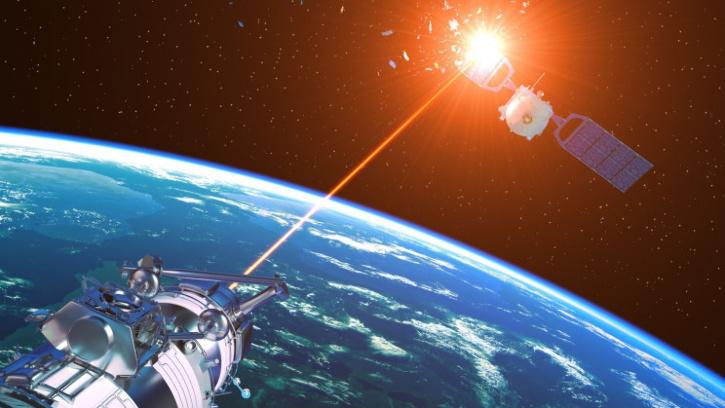Russia Vetoes U.N. Resolution Amid Rising Tensions Over Space Weaponization
- Home
- Russia Vetoes U.N. Resolution Amid Rising Tensions Over Space Weaponization

Russia Vetoes U.N. Resolution Amid Rising Tensions Over Space Weaponization
In a recent diplomatic standoff at the United Nations, Russia cast a predictable but consequential veto against a draft resolution aimed at preventing the deployment of nuclear weapons in orbit, signaling a broader resistance to global efforts to curb space weaponization. The move, while not directly confirming Russia’s possession of orbital weaponry, underscores its steadfastness in resisting U.S. pressure to halt the development of anti-satellite arms.
Sponsored by the U.S. and Japan, the resolution garnered support from thirteen Security Council members, with China opting to abstain. However, Russia’s status as a permanent member wielded veto power, effectively thwarting the resolution’s adoption.
The proposed resolution aligned with the 1967 Outer Space Treaty, which forbids the placement of nuclear weapons in space or on celestial bodies. It urged nations to actively contribute to the peaceful exploration of outer space and prevent an arms race beyond Earth’s atmosphere.
In response, National Security Advisor Jake Sullivan reiterated concerns about Russia’s alleged development of a satellite capable of carrying a nuclear payload. Despite President Putin’s assurances to the contrary, the vetoed resolution has raised doubts about Russia’s intentions.
Recent intelligence reports, confirmed by the White House, suggest Russia’s pursuit of nuclear anti-satellite weaponry. This aligns with past actions, including a 2021 test that destroyed a defunct Soviet-era satellite, generating hazardous debris in low Earth orbit.

The U.S. responded with a self-imposed ban on anti-satellite tests and urged global adherence. In December 2022, a U.N. resolution condemning such tests received overwhelming support, with notable exceptions including Russia and China.
In rejecting the latest resolution, Russia argued for a broader ban on all weapons in space. An amendment co-sponsored with China proposed such a ban, but it failed to pass, highlighting differing priorities within the Security Council.
The deadlock underscores deepening divisions in space policy. The U.S. strengthens ties with Japan through initiatives like the Artemis program, while Russia and China pursue their lunar ambitions, including joint efforts like the International Lunar Research Station.
China’s lunar program aims to rival NASA’s Artemis initiative, with plans for a permanent lunar base. Russia, however, faces setbacks, exemplified by the crash of its Luna-25 mission in 2023.
As tensions escalate, the possibility of a space conflict looms, underscoring the urgent need for diplomatic solutions to preserve the peaceful use of outer space.
Source: Gizmodo
- Share
